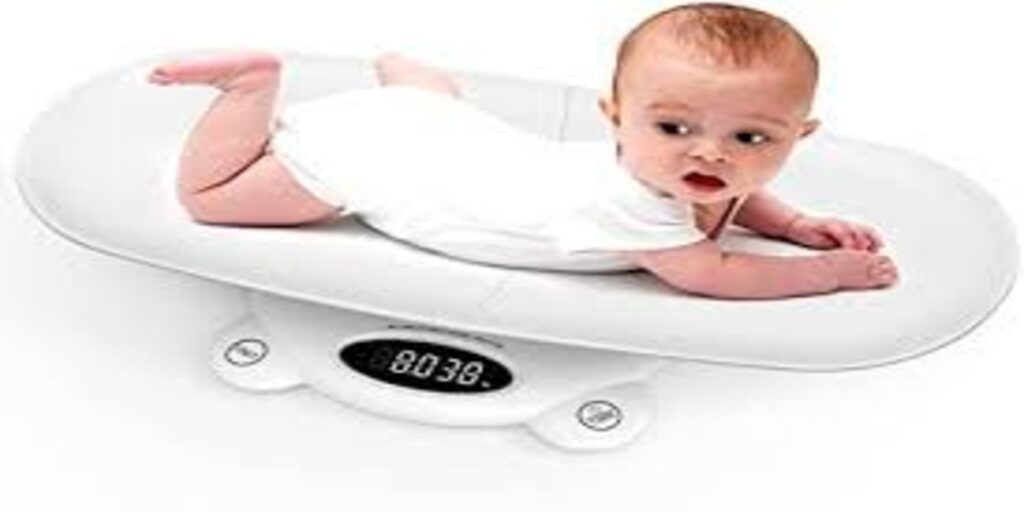Caring for a baby involves a range of activities designed to ensure their health, comfort, and development. Here’s a comprehensive guide to baby care, covering essential aspects from feeding and sleep to hygiene and emotional well-being:
1. Feeding
Breastfeeding
- Frequency: Newborns typically feed every 2-3 hours. As they grow, the frequency may decrease.
- Positioning: Use comfortable positions like the cradle hold or football hold. Ensure the baby latches on properly to avoid discomfort.
- Duration: Feedings usually last 15-30 minutes on each side. Allow the baby to finish feeding on one side before offering the other.
Formula Feeding
- Preparation: Follow the instructions on the formula packaging carefully. Use clean bottles and nipples.
- Frequency: Newborns generally consume about 2-4 ounces per feeding, 6-8 times a day. Adjust as the baby grows.
- Storage: Store prepared formula in the refrigerator and use within 24 hours. Discard any leftover formula from a feeding.
Introducing Solid Foods
- Timing: Introduce solids around 6 months of age, starting with iron-fortified cereals and pureed fruits and vegetables.
- Allergies: Introduce one new food at a time and wait a few days before introducing another to monitor for any allergic reactions.
2. Sleep
Sleep Schedule
- Newborns: Sleep for 14-17 hours a day, including naps.
- Infants: 12-15 hours of sleep per day, including naps, by 6 months.
- Sleep Training: Establish a consistent bedtime routine to help your baby recognize when it’s time to sleep.
Safe Sleep Practices
- Crib Safety: Place the baby on their back to sleep on a firm mattress with no loose bedding, pillows, or toys.
- Room Sharing: Keep the baby’s crib in your room for the first 6 months to reduce the risk of SIDS (Sudden Infant Death Syndrome).
3. Hygiene
Bathing
- Frequency: Newborns don’t need daily baths. Two to three times a week is usually sufficient.
- Products: Use mild, baby-friendly soap and shampoo. Sponge baths are recommended until the umbilical cord stump falls off.
Diapering
- Changing: Change diapers frequently, approximately every 2-3 hours, or as soon as they are wet or soiled.
- Rashes: Use a barrier cream to prevent diaper rash and let the baby’s skin air out when possible.
Nail Care
- Trimming: Trim baby’s nails regularly to prevent scratching. Use baby nail clippers or a file and do it while the baby is asleep or calm.
4. Health and Safety
Pediatric Visits
- Schedule: Regular check-ups with a pediatrician are essential for monitoring growth, development, and vaccinations.
- Immunizations: Follow the recommended vaccination schedule to protect your baby from various illnesses.
First Aid
- Basics: Learn basic first aid and CPR for infants. Keep emergency contacts and a first aid kit accessible.
Safety
- Car Seats: Use an approved car seat correctly installed in the back seat of your car.
- Home Safety: Baby-proof your home by securing furniture, covering electrical outlets, and keeping small objects out of reach.
5. Emotional and Social Development
Bonding
- Interaction: Spend quality time holding, talking to, and playing with your baby to foster a strong bond.
- Attachment: Respond promptly to your baby’s needs for comfort and attention to build trust and security.
Play and Stimulation
- Toys: Provide age-appropriate toys that stimulate the senses, like soft rattles or colorful mobiles.
- Interaction: Engage in activities like singing, reading, and gentle play to support cognitive and emotional development.
6. General Tips
- Routine: Establish a flexible routine to help your baby feel secure and understand what to expect.
- Support: Don’t hesitate to seek help from family, friends, or professionals if you need support or advice on baby care.
Caring for a baby is a rewarding yet challenging experience. Each baby is unique, so be prepared to adapt these guidelines to fit your child’s specific needs and personality.



